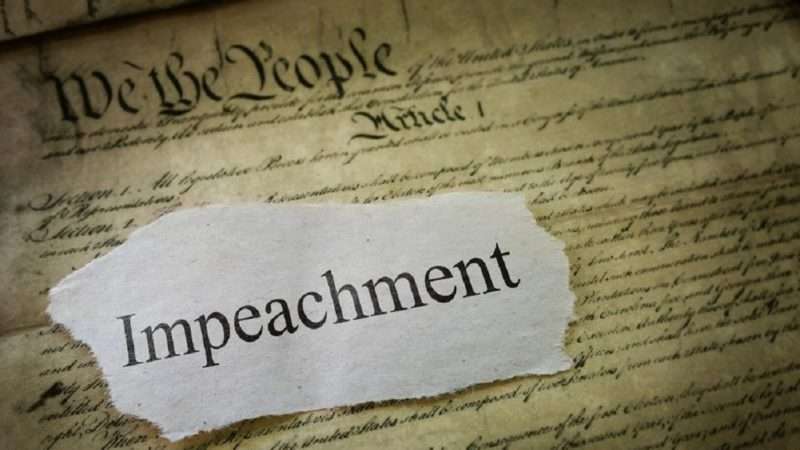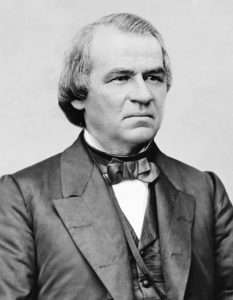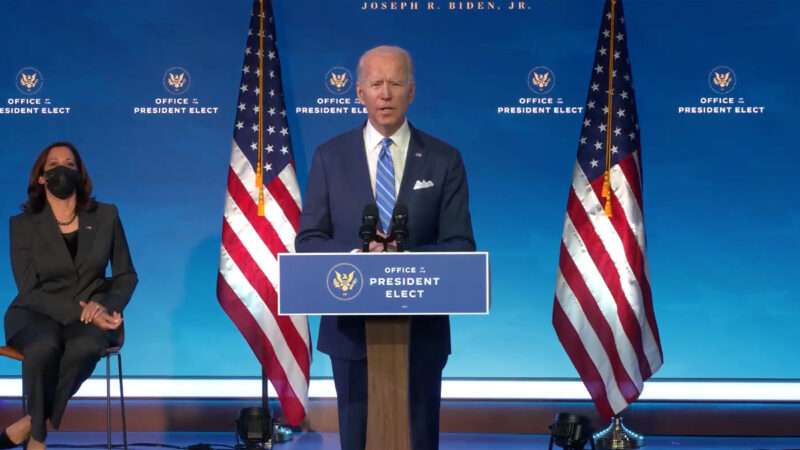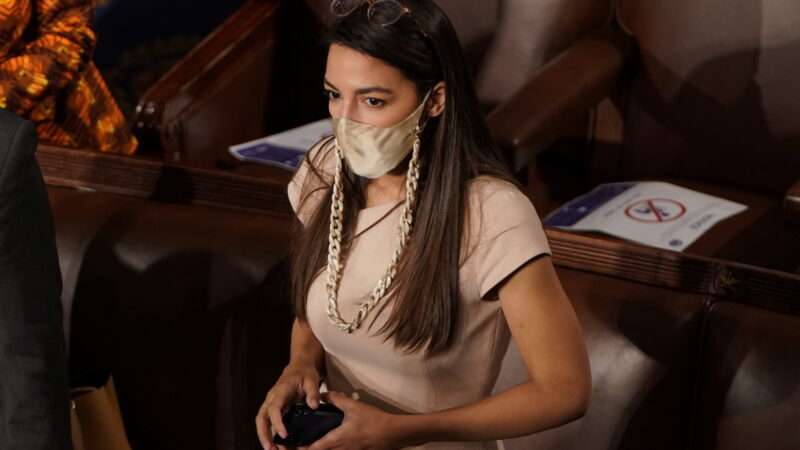

In a recent post, co-blogger Josh Blackman and Seth Tillman double down on their earlier claim that impeaching and convicting Donald Trump for his role in inciting the attack on the Capitol would violate his First Amendment rights. They recognize that the Senate isn’t necessarily bound by the Supreme Court’s jurisprudence on this topic. But they continue to insist that conviction would go against “established First Amendment rights.”
In reality, it would do no such thing. As critics like Jonathan Adler, Andrew Koppelman, and myself pointed out in response to Blackman and Tillman’s earlier post, established First Amendment law does not protect high government officials from being removed from their positions based on their speech. If it did, Trump would have violated the First Amendment himself on each of the many occasions when he fired a cabinet member or other high-ranking subordinate for expressing views the president didn’t like. And if officials can be removed from their positions for such reasons, there is equally no First Amendment constraint on using the Senate’s power to bar impeached and convicted officials from holding office in the future.
In my earlier post on this topic, I also noted some absurd and dangerous consequences of adopting the Blackman-Tillman position, and addressed concerns that my own view could lead to a dangerous slippery slope of its own.
In their most recent piece, Blackman and Tillman fail to address the fundamental flaw in their position pointed out by critics. But they do try to buttress their argument by citing the precedent of the impeachment of Andrew Johnson in 1868. They are right to point out that one of the eleven articles of impeachment against Johnson targeted speeches in which he “attempt[ed] to bring into disgrace, ridicule, hatred, contempt and reproach, the Congress of the United States, and the several branches thereof, to impair and destroy the regard and respect of all the good people of the United States for the Congress and the legislative power thereof.” And it is also true that some of the senators who voted to acquit claimed that conviction on this article would violate Johnson’s First Amendment rights.
But I am skeptical that this does much to help Blackman and Tillman’s defense of Trump against impeachment today. As they also point out, many other members of Congress rejected the position that Johnson’s First Amendment rights would be violated in any way by conviction. And this group is, on the whole, a far more impressive one than the coalition of white supremacist Democrats and sometimes corrupt Republicans who just barely managed to get Johnson acquitted (the 35-19 vote for conviction was just one short of the 2/3 majority required).
As Blackman and Tillman note, the pro-impeachment camp included such luminaries as Senator Charles Sumner (a longtime leader of the antislavery constitutional movement whose ideas underpinned the Reconstruction Amendment), and Rep. John Bingham, perhaps the single most important framer of the Fourteenth Amendment. If we’re going to reason based on authority and precedent, I’ll take Bingham and Sumner over Johnson’s defenders any day of the week.
More generally, the narrow acquittal of Johnson is no longer seen in the positive light that many viewed it from the late 19th century to the mid-twentieth (when John F. Kennedy praised it in his book Profiles in Courage). Today, many (though, of course, not all) historians and legal scholars recognize that Johnson actually deserved to be convicted because of his efforts to sabotage Reconstruction and maintain white supremacy in the post-Civil War South. This was the broader issue underlying the specific details of the charges against him. Historian Annette Gordon-Reed, author of a biography of Johnson has a helpful summary:
The confrontation between Johnson and the men who wanted to remove him from office, the so-called Radical Republicans, was a fight over the future direction of the United States; a fight with implications that reverberate to this day. Johnson’s real crime in the eyes of opponents was that he had used the power of the presidency to prevent Congress from giving aid to the four million African-Americans freed after the Civil War. Johnson’s deep antipathy toward black people, not his view of the Constitution, guided his actions…
Johnson had opposed slavery because he thought it hurt the class of poor whites from which he had come. Blacks were to be freed but left to the mercy of white Southerners. His plan of action—to put whites back in charge in the South—set him on a collision course with the Radical Republicans, who believed that the South must be transformed to incorporate blacks into American society as equals….
Johnson opposed congressional measures adopted to try to help African-Americans become productive members of society with the dignity accorded to whites. He opposed black suffrage, land reform and efforts to protect blacks against the violence that Southern whites unleashed upon them after the war’s end.
Johnson had repeatedly used his powers as president to undermine congressional efforts to protect the rights of recently freed slaves and other blacks in the South. His apparent violations of the Tenure of Office Act (the immediate target of most of the impeachment articles) were part of an effort to replace officials willing to implement Congress’ laws with ones he hoped would be inclined to support his own efforts to sabotage them. Whether or not he violated a specific valid law (Johnson’s defenders claimed the Tenure of Office Act was unconstitutional, a view eventually backed by the Supreme Court in 1926), Johnson had grossly abused his powers and richly deserved to be removed from office (for good discussions of the reasons why impeachment for technically legal abuses of power is permissible, see analyses by Keith Whittington and prominent conservative legal scholar Michael Stokes Paulsen).
This doesn’t mean every single article of impeachment lodged against Johnson was justified. In my view, Article 10 (the one focused on his speech) was weak, and probably deserved to be rejected; in the end the Senate did not even vote on it. But Johnson’s statements attacking Congress were much less dangerous and egregious than Trump’s more recent ones. Among other key differences, Johnson’s remarks were not made to a crowd with lots of known violent elements that were about to march on the Capitol; they also didn’t come in the aftermath of a long history of justifying and praising violence by his supporters.
Be that as it may, the acquittal of Andrew Johnson was not a valuable precedent to be followed, but a shameful episode in American history, where Congress let a malevolent president get away with egregious abuses of power. It should not be used to help another malicious president get off the hook today.
from Latest – Reason.com https://ift.tt/3so51Vw
via IFTTT


